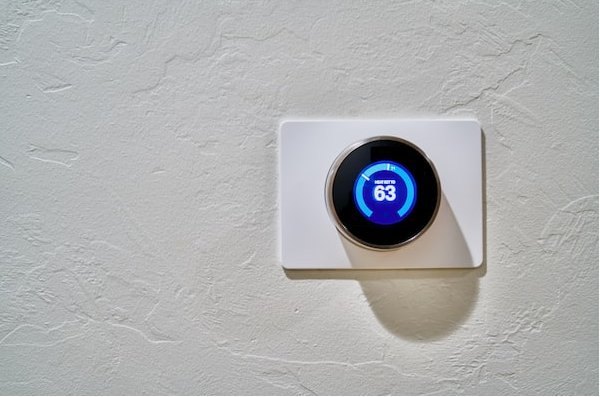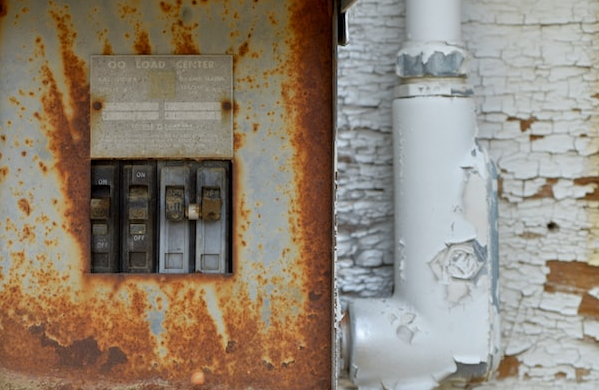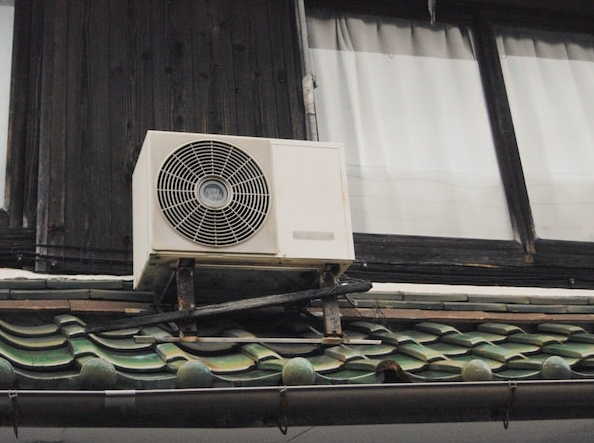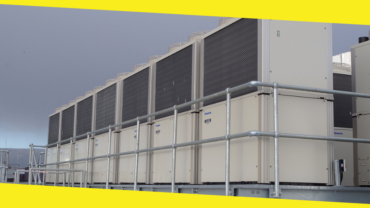What To Do When Your AC Unit Won’t Kick On
Is your air conditioner refusing to turn on? This can be a huge inconvenience when temperatures start to rise but don’t fret— there are a few common causes that can be easily investigated and rectified. Keep reading to learn more about the common causes when an AC won’t kick on.
Contents
ToggleEnsure that the thermostat is working properly.

If your air conditioner won’t kick on, it’s important to take the necessary steps to ensure that the thermostat is working properly. First, you should check that the thermostat is set to the right temperature and that the fan switch is set to the “auto” setting. If the thermostat is not functioning properly, it could be because of a lack of power or a faulty connection.
If the thermostat is powered by batteries, replace them with new ones. If the thermostat is hardwired, check the circuit breaker to make sure the power is on. If the circuit breaker is tripped, reset it and wait for the air conditioner to kick on. If this doesn’t fix the issue, you may need to call a professional to inspect the thermostat and diagnose the problem.
Check the air filters.

When your AC unit doesn’t turn on, a dirty air filter could be to blame. An air filter is designed to trap dirt, dust, and other air pollutants from entering your home’s air and heating system. Over time, this air filter can become clogged, reducing airflow and preventing the AC unit from cooling properly. In some cases, the filter may even become completely blocked, preventing the AC from turning on entirely.
In addition to impacting the operation of your air conditioner, a dirty air filter could also lead to poor indoor air quality. Clean filters will ensure that any allergens or other airborne particles are blocked from circulating in your home. HVAC professionals suggest checking and replacing your filter at least every 90 days. If you live in an area with a lot of dust or you have several pets, you might need to change your filters sooner.
Check for power issues.

When your AC doesn’t kick on, the first thing you should do is check for power issues. The most common cause of this issue is a tripped breaker or blown fuse. Start by checking your circuit breaker panel and resetting any tripped breakers. If the breakers are functioning properly, the next step is to check your fuses. Make sure all the fuses are in the correct position and that none of them are blown. If one of the fuses is blown, replace it with a new one of the same size.
Faulty wiring can also cause power problems. If the wiring to the air conditioner is faulty, it can prevent the unit from receiving the necessary power to turn on. In general, if you suspect a wiring issue or can’t remedy a tripped breaker, you should contact a qualified electrician to inspect the problem.
Inspect the outdoor unit for compressor issues.
When your AC doesn’t turn on, a compressor issue could be at fault. The outdoor unit contains the compressor, the heart of the air conditioning system that is responsible for circulating the cooling refrigerant throughout the system. Any issues with the compressor can stop the entire system from working. The first step is to inspect the outside unit to make sure that it’s free of obstructions, dirt, and debris, as these can interfere with its functions. Then, visually inspect the outside unit to make sure that all the wiring is secure and that the unit is properly connected to the power source.
If all looks good, then you should check the condenser fan and the compressor for any signs of damage. If either of these components is damaged, then it could be the cause of the AC not kicking in. You should also check the control board to make sure that the power is on and that the settings are correct. Finally, if the problem persists, you should call a professional repair service to check the compressor and other components of the outside unit.
Overall, it is important to troubleshoot and take the necessary steps when your AC doesn’t come on, as it can help you identify the cause of the problem and possibly prevent further damage. However, if the problem is larger, it will need to be addressed by a professional as soon as possible. Regular maintenance of an AC unit can help prevent any issues from arising and ensure a safe and comfortable environment.
Recommended For You
Air-con Systems: How to Keep Yours in Great Condition
Most Inside
Most Inside offers high-quality recommendations and valuable updates to enhance all aspects of your life, providing premium guidance and enriching experiences.




